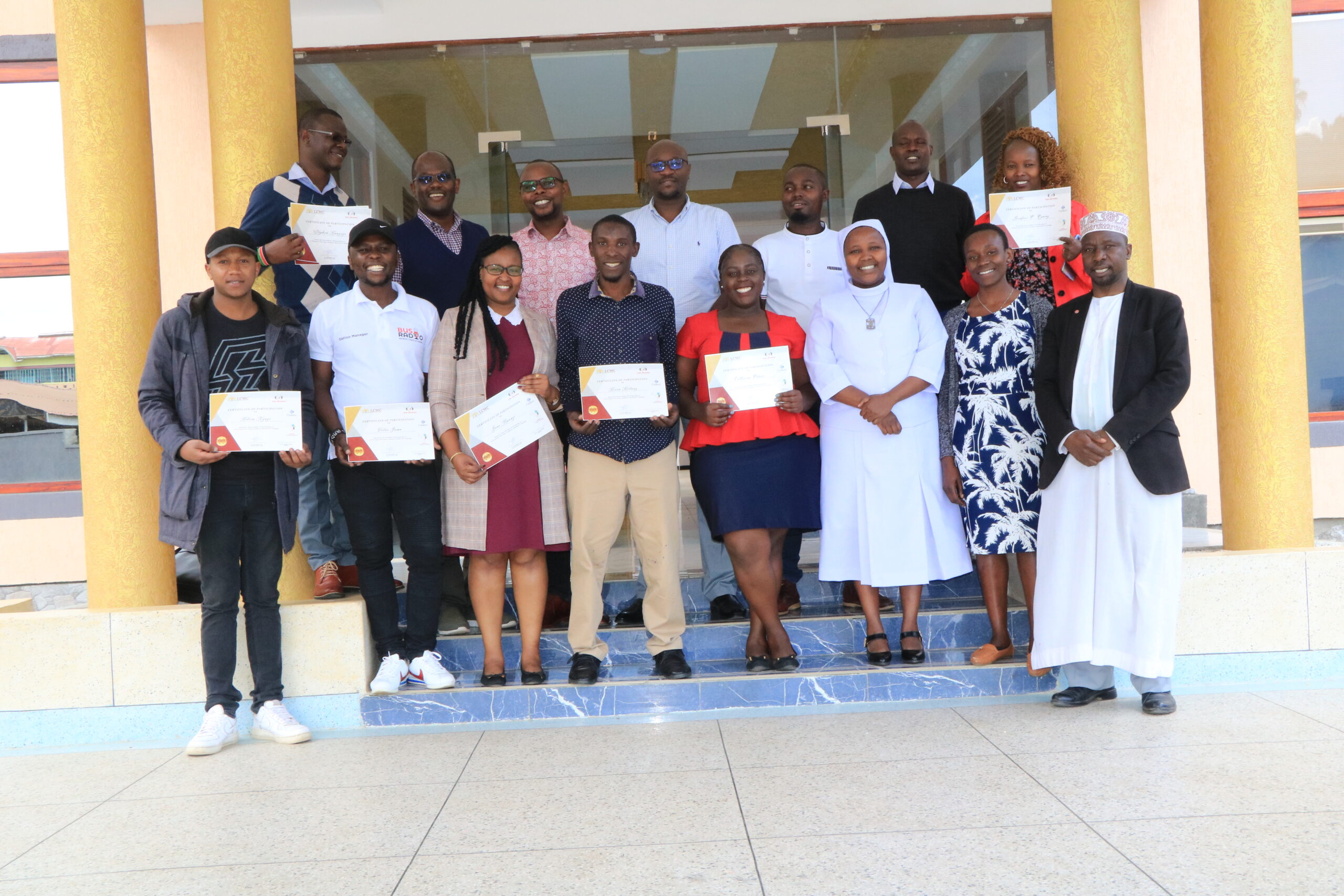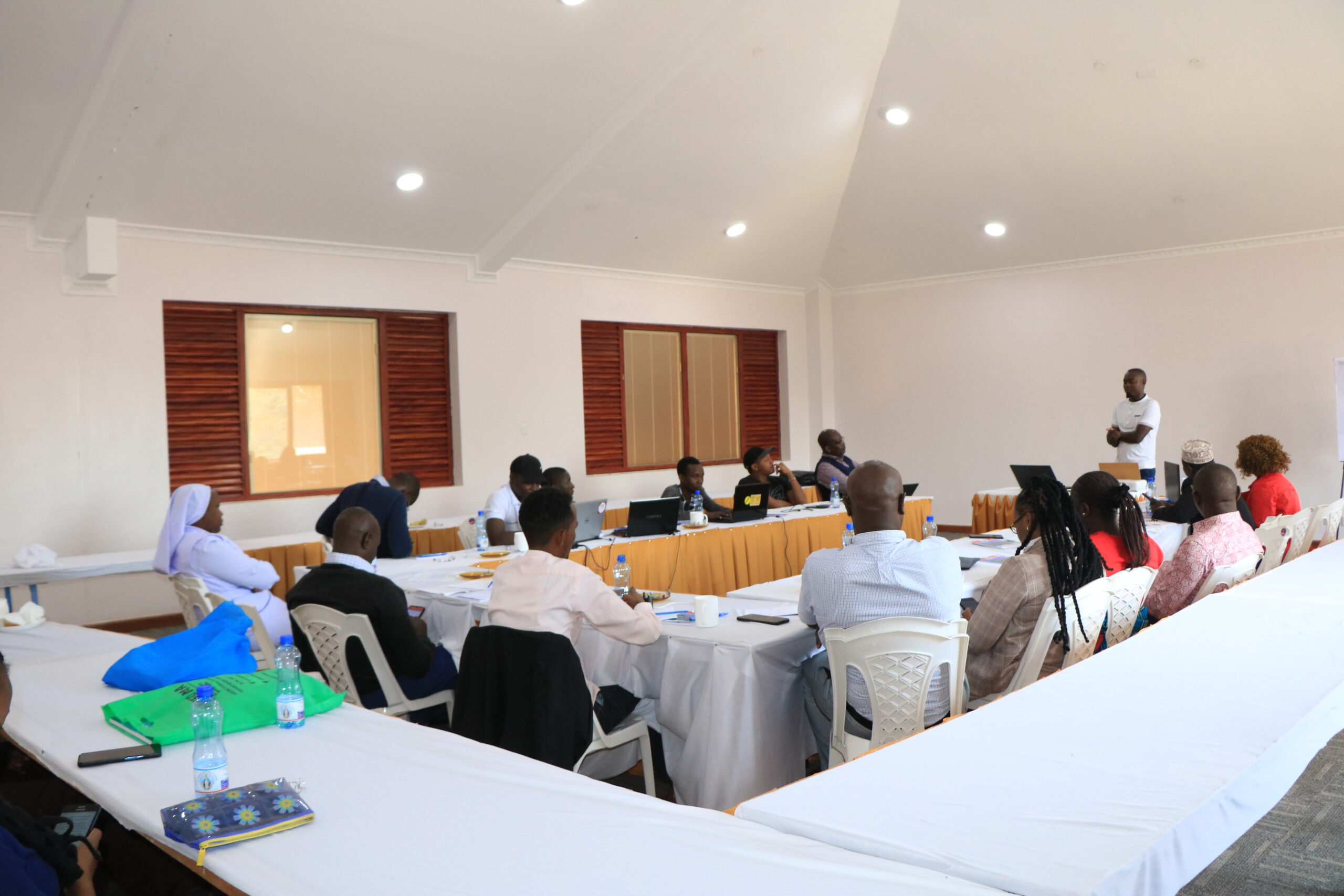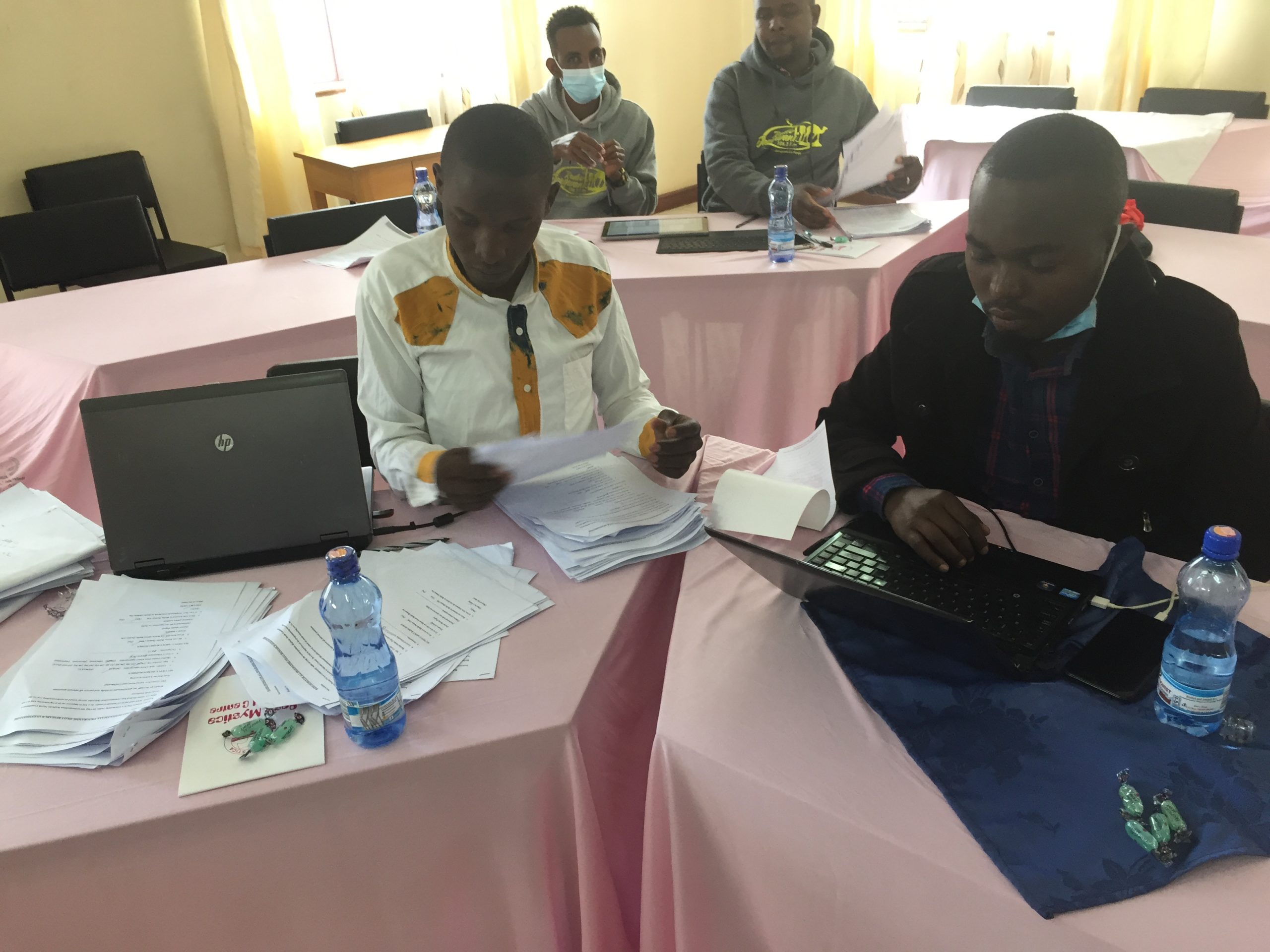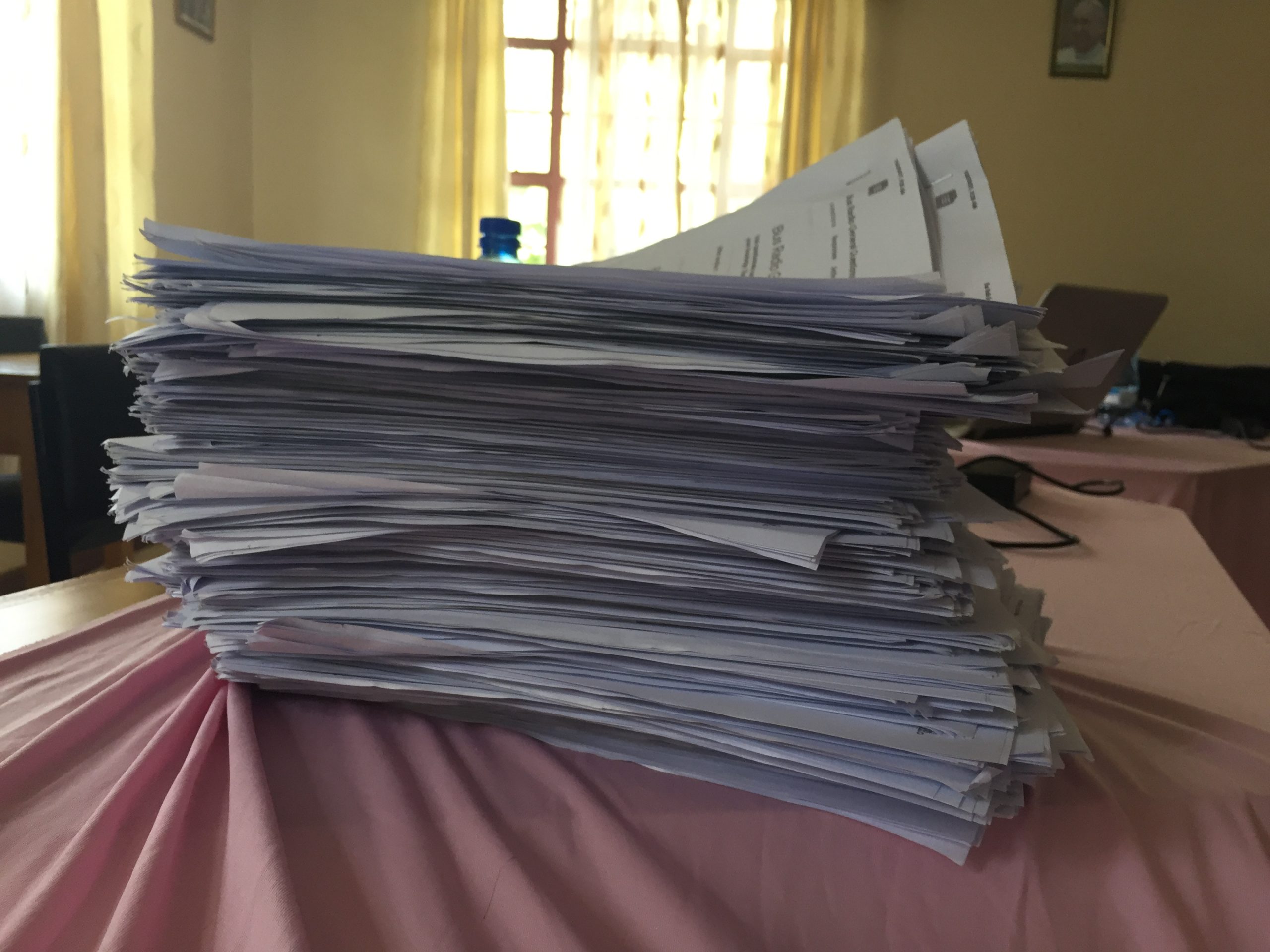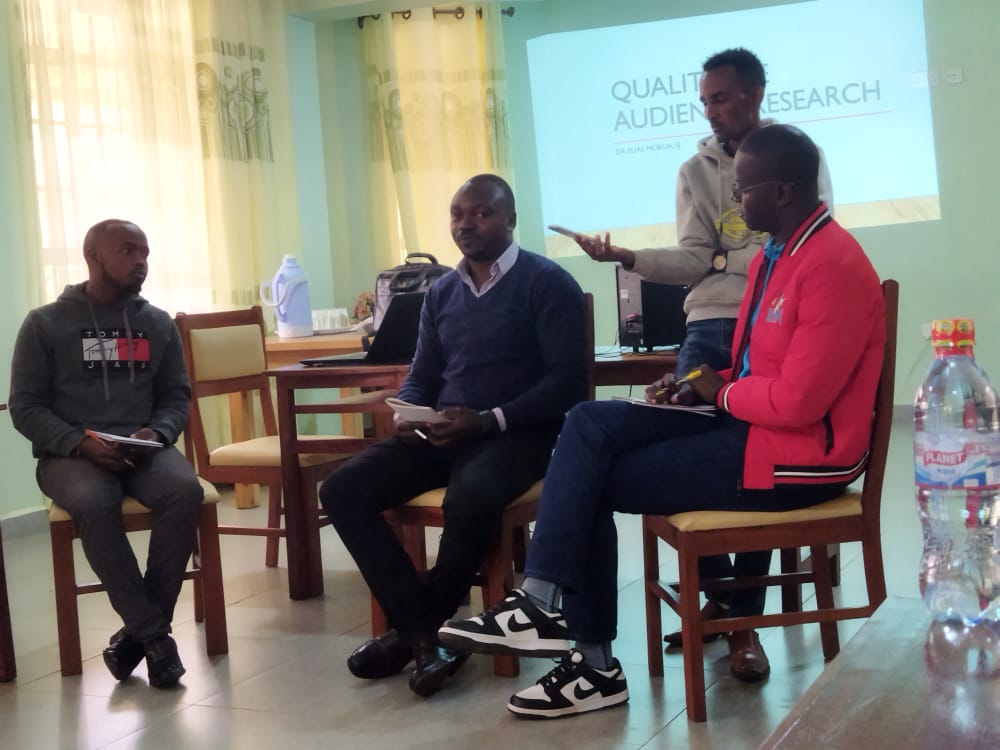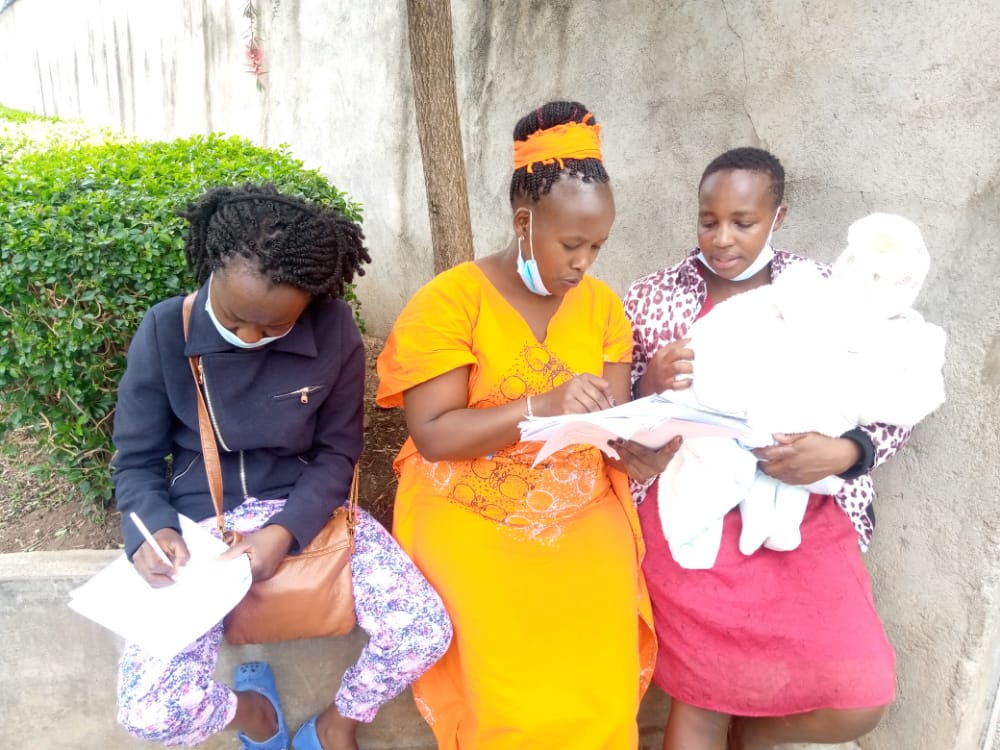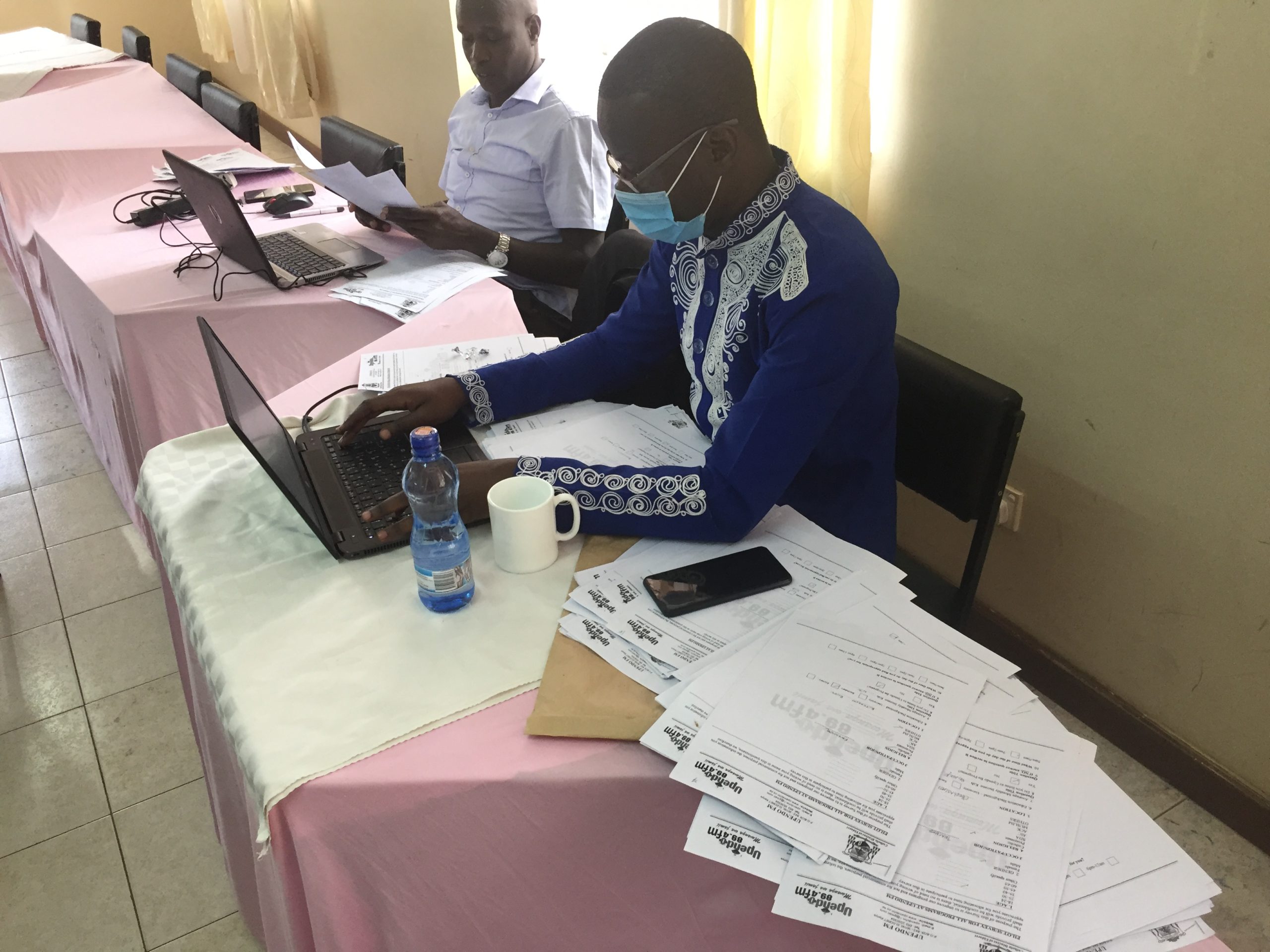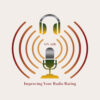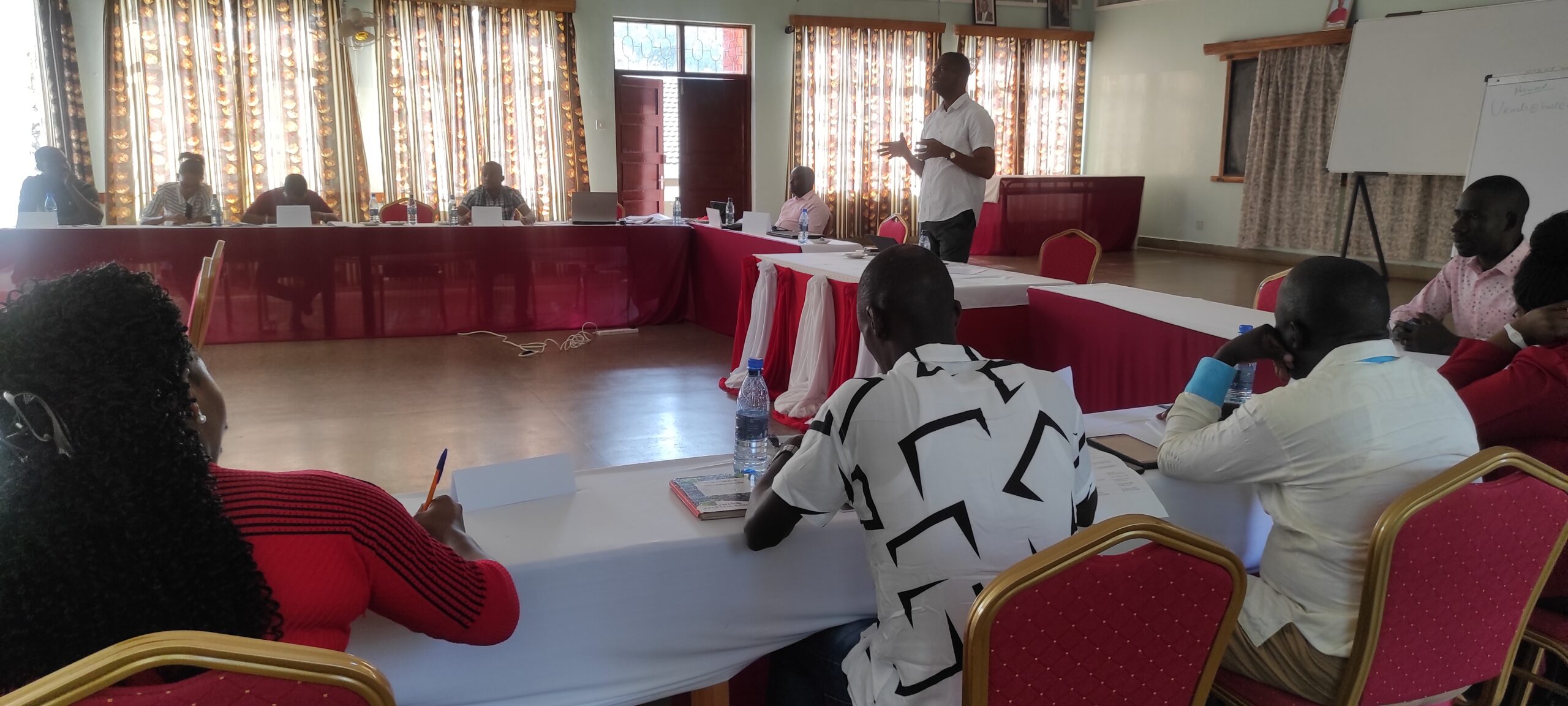The Focal Points of Our Training Program!
In the dynamic world of community radio, where voices from various communities pulsate across the airwaves, it is important to understand your audience’s heartbeat. Enter into the world of audience research, which serves as a compass for community radio stations navigating the complex web of listener participation and preferences. You might wonder, “Why audience research for community radio stations?” It’s an excursion exploring the fundamentals of communication, not just crunching figures and telling stories that grab the audience. Community radio stations learn a great deal by understanding the Theory of Change, creating precise instruments for gathering data for both qualitative and quantitative research, and planning smooth Audience Research events.
These insights, gleaned from the meticulous planning and practical application of research findings, become the lifeblood of decision-making within the station’s walls. From crafting incisive Audience Research reports to seamlessly integrating these invaluable findings into day-to-day radio operations, this process isn’t just a practice—it’s an art form that elevates community radio to unparalleled heights. Welcome to the nexus where data meets creativity, and where the pulse of the audience resonates with the beats of community radio.
Embark on a transformative journey with our training program, where we unlock the secrets of audience research for community radio stations. Prepare to delve deep into a myriad of vital areas, gaining not just knowledge, but essential skills meticulously tailored for impactful engagement. Imagine yourself equipped with the expertise to not only inform but truly connect with your community. Picture your radio station not just as a broadcaster, but as a dynamic force, igniting positive change. Our training isn’t just a program; it’s a gateway to empowering your station, making it a beacon of influence and inspiration within your community.
Articles From Participants
1. Audience Research Is The Way To Go
Following the faith based and community radio stations outcry on absence of evidence based audience data, 12 radio stations from Kenya and Uganda received funding to train in Audience Research. Each country was represented by 6 community radio stations and each radio station had two staff members representing it.
Radio stations from Uganda included Radio Apac, Centenary radio, Buwama FM, Radio Pacis, KKCR and Etoil A Karamoja while those from Kenya were Radio Thome, EK Youth CR, Radio Muchungaji, Radio Osotua FM, Radio Maria (Nairobi) and Radio Ratego.
Given our past and present predicaments, audience research is deemed necessary for the community and faith based radio station since the skills acquired will impart the station personnel with the necessary wherewithal which in turn will help them in pitching their program/s and stations to potential advertisers. In the past, it was easy for individuals to use assumptions to run the activities of the radio stations. But given the changing dynamics in the radio arena, there is need for improving our games so as to generate profit and remain afloat in the industry.
The assumptions surrounding radio stations especially community radio stations,according to other studies is that they(radio stations) have the audience, audiences like the radio, radio stations are performing at their best, listeners are loyal to their radio stations. Other assumptions being perpetuated are that if one improves on their programming, invest in quality equipment/s i.e. state of the art technology , recruitment of professionals i.e. academically qualified staff and increased funding to the radio stations, the audience rating will increase or improve. From our deliberations, it was apparently clear that their is no correlation between the assumptions and audience loyalty.
It became apparent that as community radio station/s, there is need to conduct audience research as these will help in identifying the existing gaps this having a clear insight on what and how to fix the issues to enable community radios meet their missions and vision. The purpose of the training is to help the radio personnel identify existing gaps/challenges, development research tools, determine methodology to use, sample audience, how to analyze data etc.
The importance of undertaking a pre-test of the research tools was emphasized. It was clear that through pre-test one will be better prepared to remedy challenges that would emanate in an actual data collection exercise, how to conduct the research and finally how to interpret research findings for decision making at a managerial level.
The representatives of the 12 radio stations came up with the following recommendations for the way forward;
- Faith and Community radio stations need to embrace Audience Research in making decisions and develop programmes based on ‘evidence based data’ informed by research
- Number of days for training to be added to enable participants exhaust the content since the content seemed to be more than the 2 days it was planned for.
- Need for more practical session in the field at the respective radio station localities
- Radio stations to make a follow-up in understanding their audience, evaluating their programs and where necessary, conduct research that will inform changes.
By Ssemwogerere Robert from Buwama 90.2 FM- Uganda
2. Audience Research Training in Kisumu County
It is indeed very important for a Radio Station to conduct/ carry out audience research in order to establish who their real audience are and what they want to listen.
These were the words of Br. Dr Elias Mokua who is the Executive Director Loyola Centre for Media Communication during the audience research training that took place at Ukweli Pastoral Centre in Kisumu, Kenya. The training that lasted for two days began on December 14, 2022 to December 15, 2022.
The training brought together twelve radio stations; six from Kenya and six from Uganda. The Radio from Kenya were namely: Radio Thome, EK Youth Community Radio, Radio Maria (Nairobi), Radio Mchungaji, Radio Osotua and Ratego Radio while those from Uganda were Radio Apac, Centenary Radio, Buwama FM, Radio Pacis – Arua, KKC Radio and Etoil A Karamoja FM.
Speaking after the training, Noel of Radio Pacis – Arua Northern, Uganda attested that that content provided for by the facilitators was rich and of high quality and that he would take home with him that Audience research is very essential and necessary. Therefore, he would want it carried out at his work station and the new knowledge obtained from the report will be timely as it will be capturing the ever changing audience dynamics.
In the training, audience research was discussed in a range whereby the all the participants expressed their satisfaction and their gratitude as well to the organizers and facilitators of the training. “…Carrying out audience research would help us know what our listeners want to listen to and we’d also know who they are wholesomely…” This was the comment from Anne Waithera Wainaina of Radio Maria Nairobi and who was among the beneficiaries of the training. In a random research that was carried out at the end of the training, approximately 82% of the participants expressed satisfaction with the training, out of which 17% were very satisfied.
Amongst the topics discussed during the training were: Identifying gaps in audience research, the Theory of change in audience research, Contextual analysis: SWOT Analysis, scanning through the modules, Setting specific audience research objectives, audience segmentation and demographics. The participants were also introduced and demonstrated to on how to use the Statistical Package for Social Sciences (SPSS). The software package which has user friendly interface will be key in data entry, and analysis once we start the practical bit of the training and finally in generating reports.
In conclusion Fr. Kaufa and Br. Mokua requested participants to commit themselves and embark on the journey to successful audience research and not to miss the virtual sessions that will be done from time to time, emphasizing that missing one session would be a step back.
By Deborah Mwania from Radio Thome
Training Sessions Activities In Pictures
